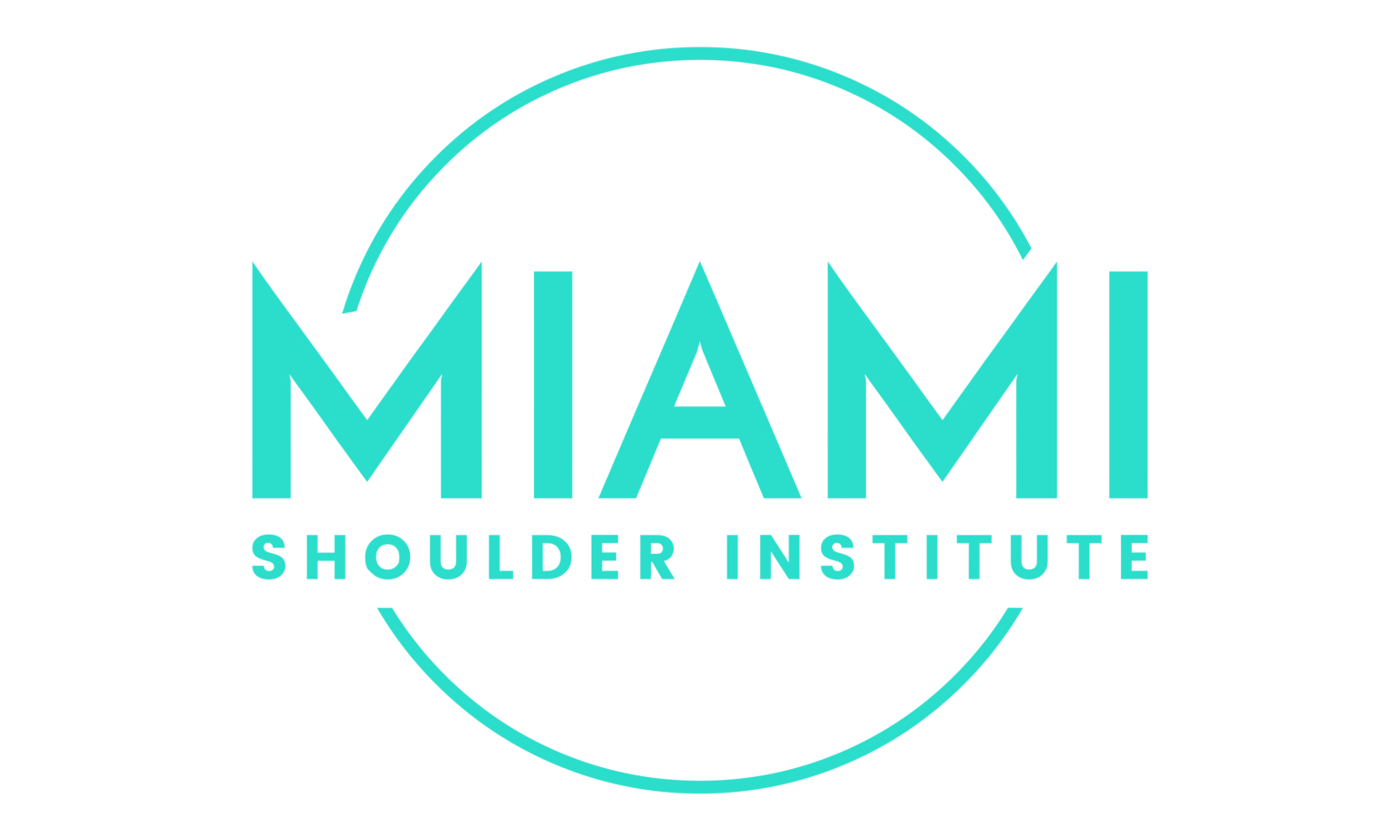
Shoulder pain can severely impact your daily life, whether from injury, overuse, or degenerative conditions. Choosing the right shoulder surgery is crucial for restoring mobility, reducing pain, and improving quality of life. At Miami Shoulder Institute, we specialize in diagnosing and treating shoulder conditions with state-of-the-art surgical techniques tailored to each patient’s needs.
Shoulder surgery involves procedures to repair or replace damaged structures in the shoulder joint, including rotator cuff tendons, labrum, or the joint itself. The goal is to relieve pain, restore function, and prevent further injury.
Surgery may be necessary if:
At Miami Shoulder Institute, our specialists carefully assess each patient to recommend the most effective approach.
Before recommending surgery, doctors may explore:
Rotator cuff tears are a leading cause of shoulder pain.
Full-Thickness vs. Partial Tears
Open Repair vs. Arthroscopic Repair
Recovery & Success Rates
Most patients regain 80–90% of shoulder function, with full recovery taking 4–6 months depending on age and activity level.
Arthroscopy, or keyhole surgery, treats conditions such as impingement, labral tears, and loose bodies in the shoulder.
Benefits
Risks
At Miami Shoulder Institute, we prioritize minimally invasive techniques for optimal outcomes.
Indicated for severe arthritis or rotator cuff deficiencies.
Types of Shoulder Replacement
Under hemiarthroplasty, resurfacing arthroplasty can be done where there is essentially no bone resection, versus removal of the head with a prosthetic head/stem being used — depending on multiple patient and clinical factors.
Recovery Timeline
Pain usually resolves within 6–12 weeks, with full strength returning over several months.
The labrum stabilizes the shoulder joint. Tears can cause pain and instability.
Bankart vs. SLAP Tears
Recovery
Used for severely separated shoulders (Grade III–V injuries).
Surgical Techniques
Performed when physical therapy fails to restore motion.
Procedures
Factors to Consider
Finding the Best Surgeon
At Miami Shoulder Institute, our specialists are highly trained in all forms of shoulder surgery, from arthroscopic repairs to complex joint replacements.
Questions to Ask Before Surgery
Immediate Post-Op Care
Physical Therapy Phases
Long-Term Tips
Common Risks
Preventing Complications
Cost Factors
Emerging Technologies
Can shoulder surgery be done twice?
Yes, revision surgery may be required if the initial repair fails.
What happens if shoulder surgery fails?
Persistent pain or limited motion may necessitate further procedures, such as revision rotator cuff repair or shoulder replacement.
What is the newest technique for shoulder surgery?
Robotic and arthroscopic surgeries improve precision, reduce scarring, and shorten recovery times.
Selecting the right shoulder surgery is essential for a successful recovery. At Miami Shoulder Institute, our expert team evaluates each patient individually, ensuring the best surgical approach and rehabilitation plan. By understanding your condition, recovery expectations, and treatment options, you can make informed decisions and regain a pain-free, functional shoulder.
If you experience persistent shoulder pain, consult the specialists at Miami Shoulder Institute to explore the most advanced surgical and non-surgical options tailored to your needs.

Miami Shoulder Institute is dedicated to delivering world-class care with compassion, expertise, and integrity. Your mobility, our mission.